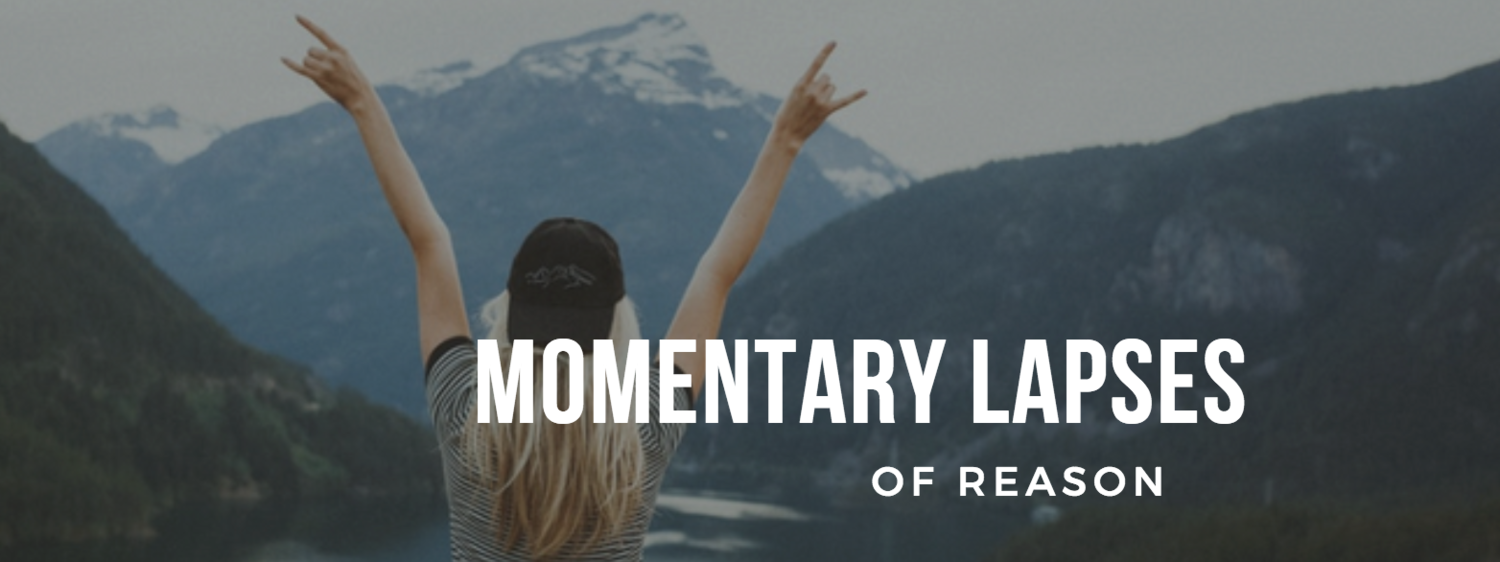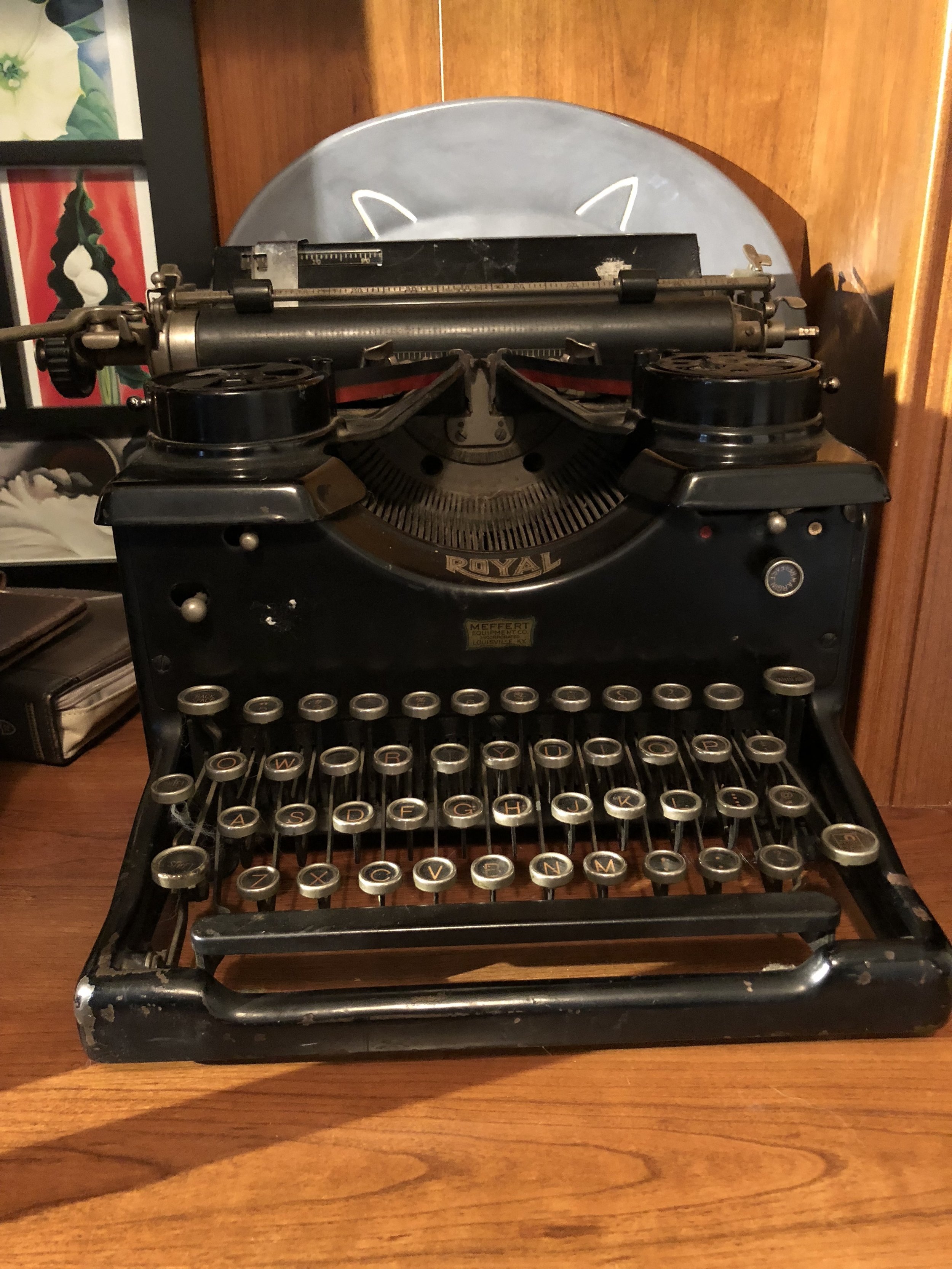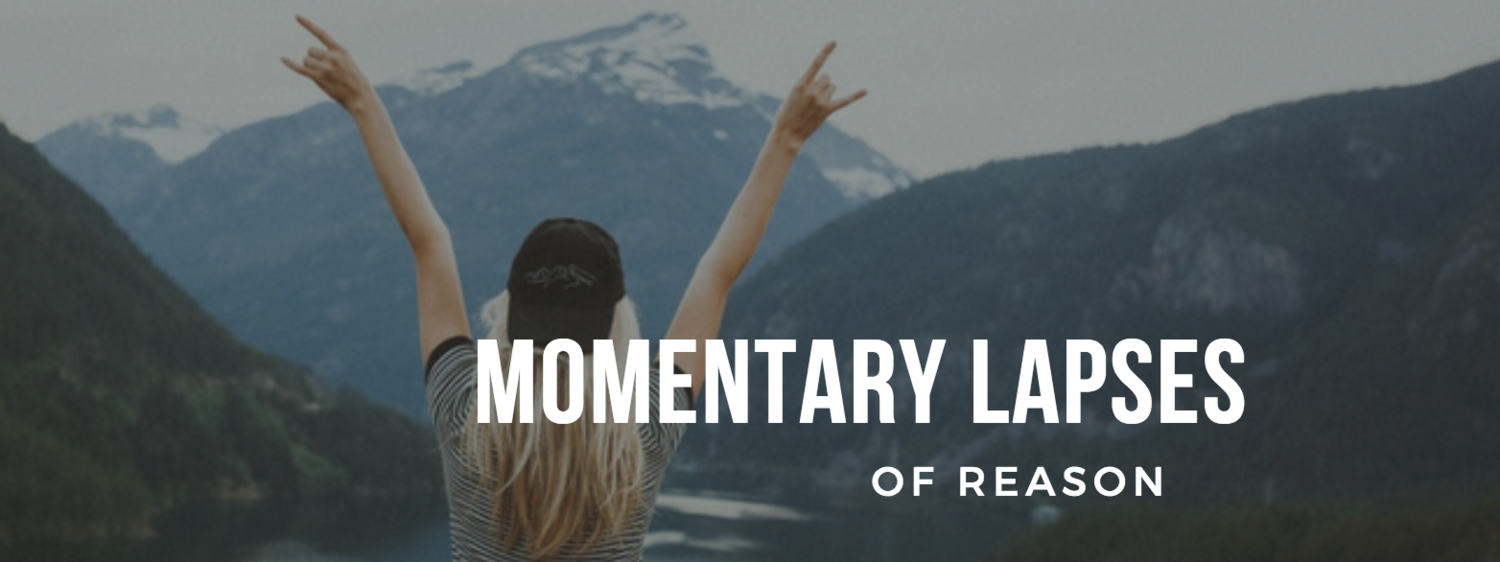We all love to feel busy. Busy means important. It’s a psychological frame for our own desires to be loved, wanted, and needed. To fit in, to feel connected.
Being busy isn’t a bad thing (though it’s not a healthy life construct, says the queen of busy-ness…).
Busy-ness is a slippery slope to overcommitment, when being busy turns into a major stressor instead of a way for us to feel connected to the universe around us.
I hit moments every quarter when I’m suddenly, completely, irrevocably overwhelmed by my work. I’m a Yes Girl, and sometimes I agree to too many things, and the next thing I know, fifteen things are due within the same two-week period, and there’s travel and PR and a book due, but I have to take time away from writing to deal with them. These “things” are everything from mentoring to blurbing books to reading for shows to judging contests to PR for book releases. It’s the business of writing. And sometimes, it gets in the way of the creative process.
None are these things required. Honestly, I could easily shut myself up in my ivory tower and only ever create books. People ask me all the time why I don’t. As they point out, the world isn’t going to stop if I say no. But these are the ways I try to give back to the writing community. It’s how I balance out my karmic debt.
I use all kinds of tools to dig myself out from my tendency to overcommit: Wunderlist, of course, and my Bullet Journal. But mostly, it’s just me, wandering the house, grumbling to myself about what I need to do, consumed with a baseline panic that I’ll never get it all done.
I know this is my MO. It happens a lot. My debut year, I co-ran a marketing organization, co-ran a writing blog, judged a massive year-long contest with over 360 books to read, plus wrote two novels and toured 13 states. I had so many balls in the air my balls were juggling balls of their own. (Ahem. See my blog last week...)
I swore I’d never do it again, yet here I am, 12 years later, still overcommitting myself, still juggling.
Now, I have learned the value of saying NO, and trust me, I use it liberally. I won’t do something if I’m not 100% sure it’s a good fit for me, that it will either make me feel good, or benefit someone I care about. If it doesn’t hit the marks I’ve set, I say no. I also am very careful to say no to things that coincide with my big deadlines. I know myself well enough not to schedule an event, a trip, a bookclub anywhere near a book deadline. That’s when I have to say no to EVERYTHING.
But there are lots of things that meet the yes criteria. So how do I dig myself out? For real, not just grumbling about it?
It’s the old saw - how do you eat an elephant? One bite at a time.
First, I admit to myself I’ve gotten in over my head.
Admitting you have a problem propels you toward the action to resolve that problem, whether it’s as simple as overcommitting or as serious as admitting you are depressed, or over-drinking. Admission is the first step to fixing things.
Second, I pull together every single project due over the next few weeks and take a long, hard look.
I prune away things that are part of said overcommitments but cancelling won’t tear a hole in the fabric of the universe. The haircut that can be pushed two weeks, the lunch I said I’d host (90% of my friends are creatives with their own deadlines—they get it). Anything that can be rescheduled without causing heartburn, or outright cancelled altogether, gets the chop.
Third, I choose two projects.
Just two. Normally, they’ll be a priority already because of their respective deadline, but sometimes because they’re more cohesive together. And edit and a blurb book, for example. The trick is to allow myself to only focus on two things, believing the rest will be dealt, in the same method.
Fourth, I start breaking my day into chunks based on the two projects.
Using the blurb book and edit examples again, my day looks like this:
10:00 am – 12:30pm: read the blurb book
1:00 pm – 3:00 pm: work on my edits
3:00 pm: take a walk, clear my head, do some yoga
3:30 pm–5:00 pm: work on edits
5:00 pm–6:00 pm: deal with business, including PR, social media, etc. that must be handled, more exercise
6:00 pm – 7:00 pm: prep and eat dinner
8:00 pm – 10:00 pm: read some more
Fifth, and this is the most important step — finish.
Finishing is important. Write the blurb. Send off the edit. Then and only then will I tackle the next two projects.
If I stick to this program, within a week or so, most of the commitments are dealt with and I’m left with only my own work again. The space that creates brings harmony. With harmony, I swear never to get myself overcommitted again.
This method really does help whenever you’re feeling out of control. Note the twice-a-day exercise slots, too. When I’m feeling exceptionally frazzled, a walk, some stretching, anything grounding really helps. If I’m in truly dire straights, I will take something to help me focus, but I avoid that at all costs. Most of the time, a cup of tea and some deep breaths whilst petting a kitten works just as well as a pill.
Now, if you’ll excuse me, a timer is about to go off in the kitchen, and I have some plates to fill!
What’s your favorite trick for dealing with overcommitment?
______
Never miss a post! Subscribe to the blog or get email updates.



















